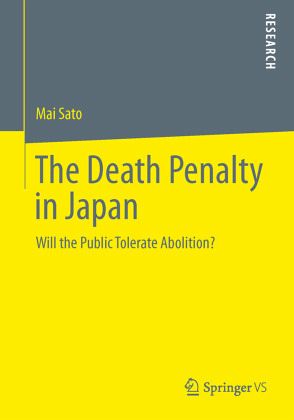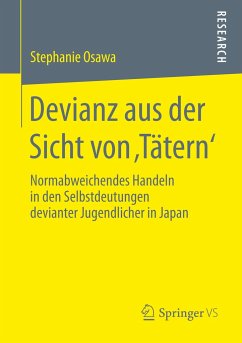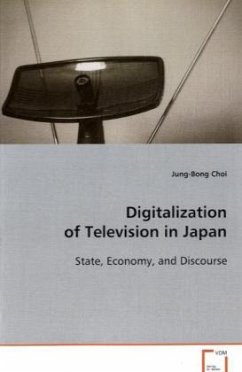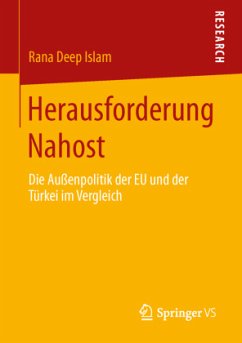
The Death Penalty in Japan
Will the Public Tolerate Abolition?

PAYBACK Punkte
19 °P sammeln!
This book examines public attitudes to the death penalty in Japan, focusing on knowledge and trust-based attitudinal factors relating to support for, and opposition to, the death penalty. A mixed-method approach was used. Quantitative and qualitative surveys were mounted to assess Japanese death penalty attitudes. The main findings show that death penalty attitudes are not fixed but fluid. Information has a significant impact on reducing support for the death penalty while retributive attitudes are associated with support. This book offers a new conceptual framework in understanding the death ...
This book examines public attitudes to the death penalty in Japan, focusing on knowledge and trust-based attitudinal factors relating to support for, and opposition to, the death penalty. A mixed-method approach was used. Quantitative and qualitative surveys were mounted to assess Japanese death penalty attitudes. The main findings show that death penalty attitudes are not fixed but fluid. Information has a significant impact on reducing support for the death penalty while retributive attitudes are associated with support. This book offers a new conceptual framework in understanding the death penalty without replying on the usual human rights approach, which can be widely applied not just to Japan but to other retentionist countries.














